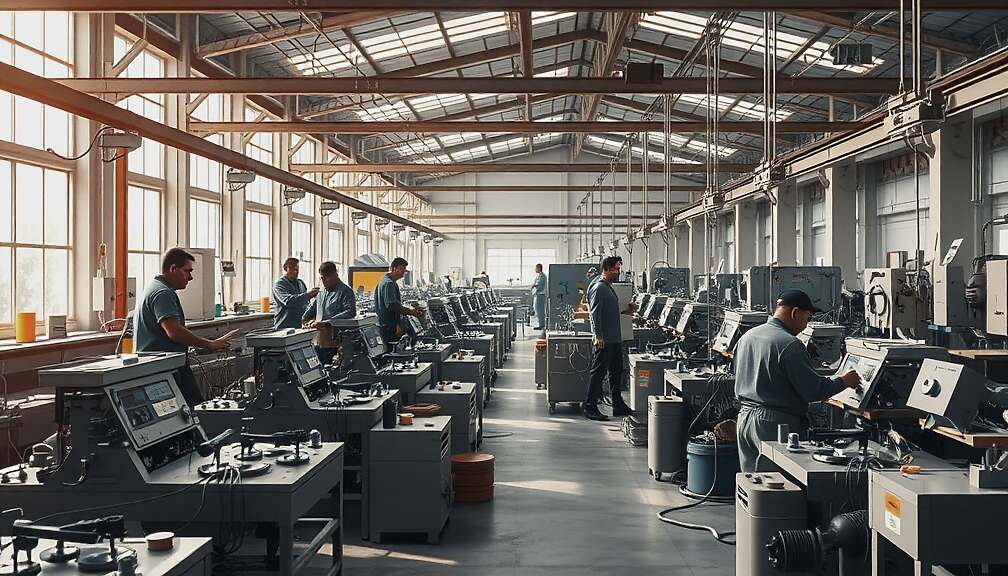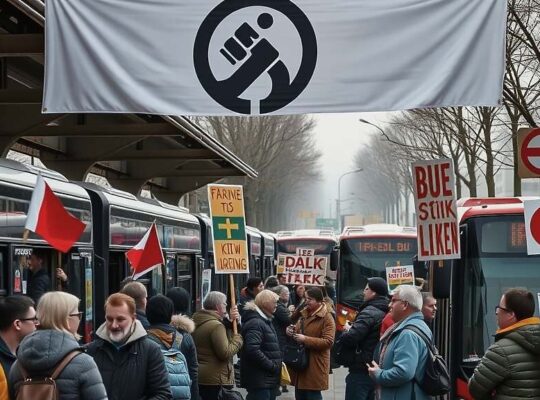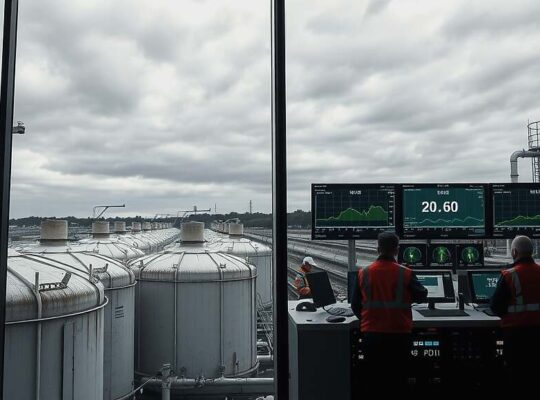A new study examining the impact of industrial robot adoption in German factories reveals a complex and politically charged dynamic, particularly concerning the role of employee works councils (Betriebsräte). Conducted by the Ifo Institute in collaboration with the University of Konstanz and the Institute for Employment Research (IAB), the findings suggest that while works councils mitigate negative consequences for production workers, they also introduce trade-offs affecting other employees and raising questions about equitable distribution of benefits stemming from automation.
The research demonstrates that the presence of a works council correlates with improved job security and higher wages for production employees who remain employed following the introduction of robotic technology. Critically, these benefits are not solely attributable to overall wage inflation within firms with works councils, but rather reflect a protective effect against wage reductions experienced by routine production workers facing displacement by automation. This implies a targeted intervention, actively buffering a vulnerable workforce.
However, the study also highlights a less palatable aspect. The protective measures implemented by works councils appear to come at the cost of slower wage and income growth for employees outside of the production department. This raises pertinent questions about fairness and the potential for widening the internal wage gap within companies embracing automation. The finding underscores the politicized nature of technological transitions, where benefits are not universally distributed and require deliberate management to avoid exacerbating inequality.
Further analysis revealed a significant productivity advantage for firms with works councils. Even before robot implementation, these firms exhibited roughly 10% higher productivity levels compared to those without. This gap widened substantially following automation, soaring to almost 30% and proving statistically and economically significant. This correlation suggests that works councils contribute to operational efficiency beyond merely negotiating labor conditions, potentially through enhanced decision-making processes and a more engaged workforce.
The study’s conclusions are drawn from detailed data within the IAB Establishment Panel, an annual survey encompassing approximately 15,000 German firms, coupled with administrative individual-level employment data. The findings offer valuable insights for policymakers seeking to navigate the challenges of automation and the evolving role of worker representation in a rapidly changing industrial landscape, particularly concerning fairness, workforce resilience and the potential for increased internal stratification. The influence of worker councils demands closer scrutiny as automation reshapes the German economy and beyond.












